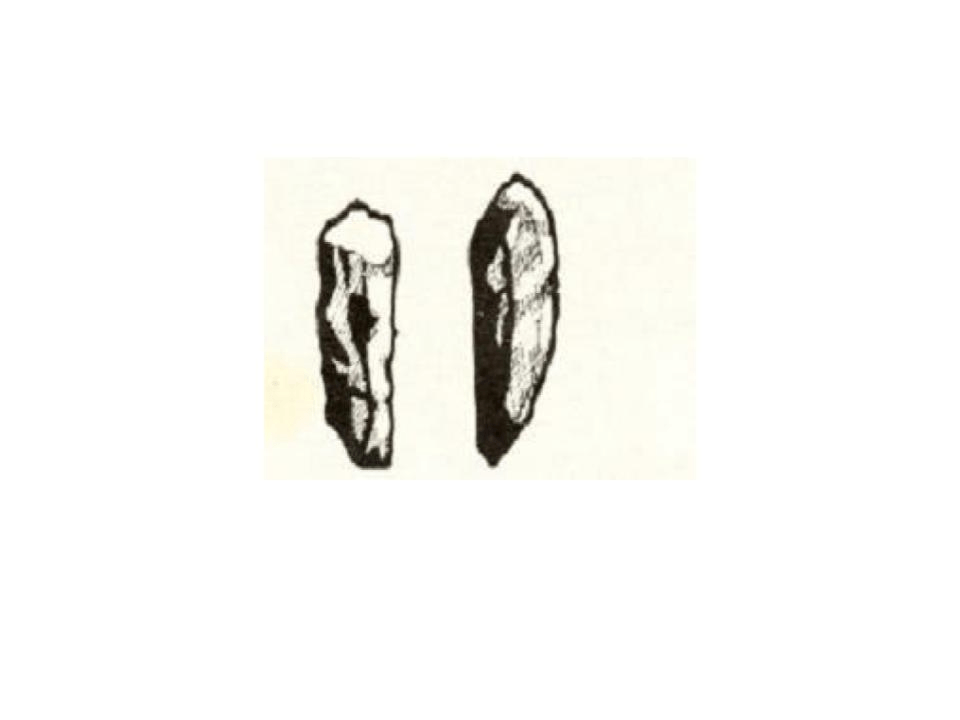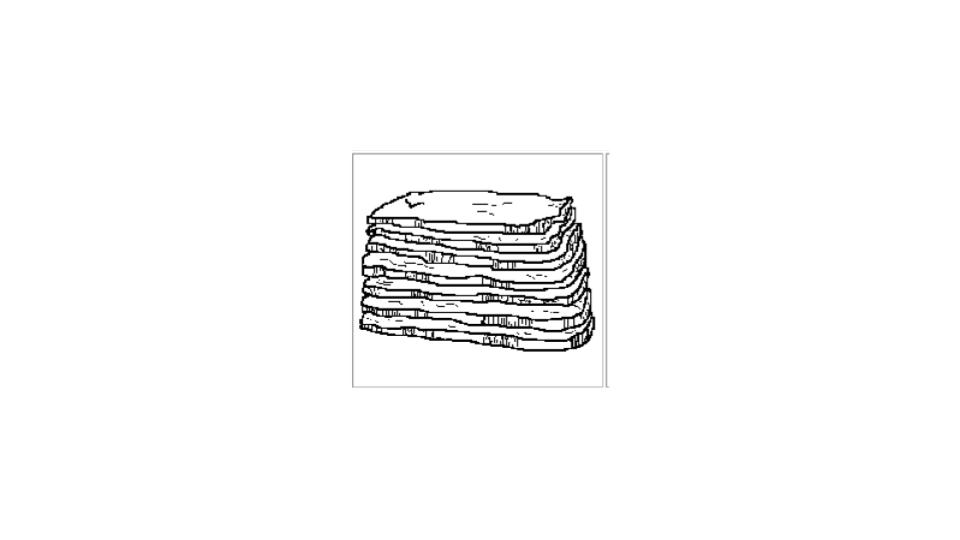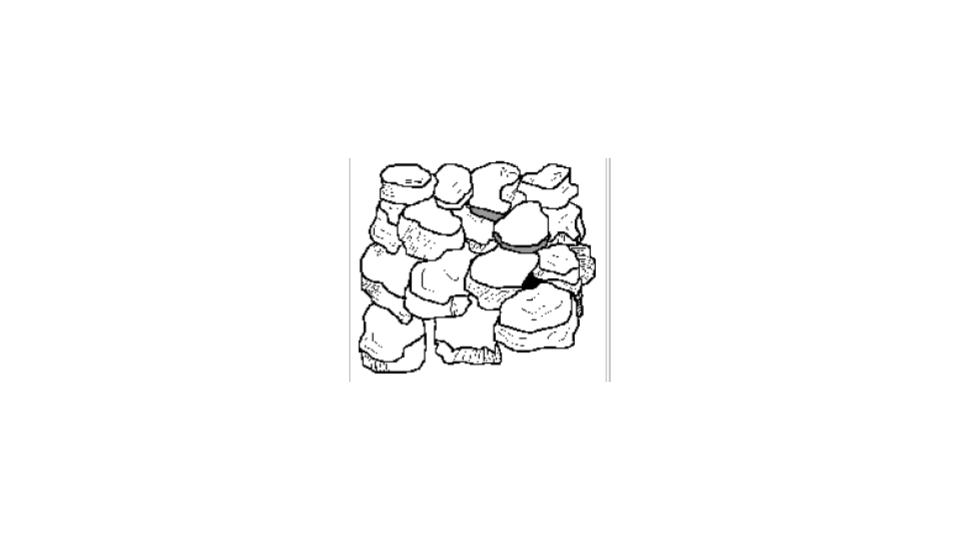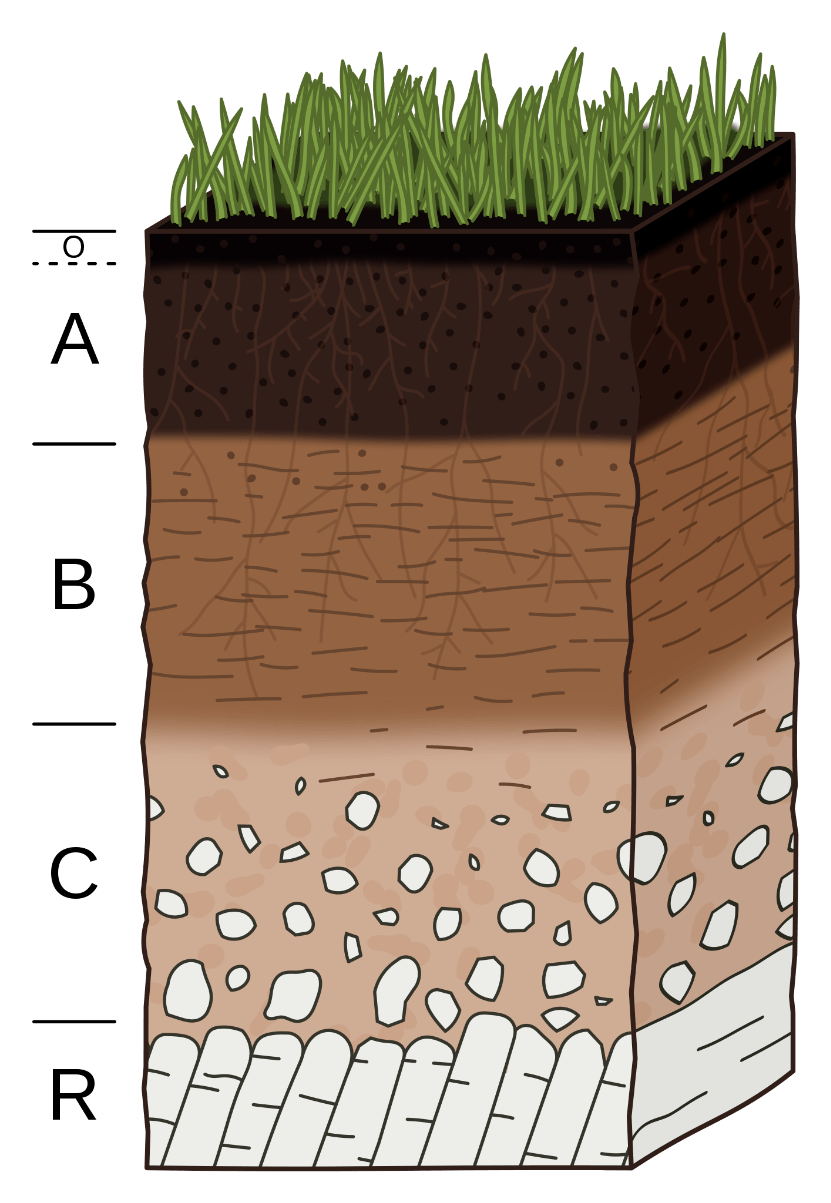Soil forms a ball with a 1 cm ribbon and neither smoothness nor grittiness predominates
Loam
Voids or openings in the soil.
Pores
Also called litter layer, comprised of whole or partially decayed organic matter
O horizon/Organic Matter
A ped with  larger, vertically elongated blocks, often with five sides
larger, vertically elongated blocks, often with five sides
Prismatic
A layer of soil.
horizon
Soil forms a ball with no ribbon.
Loamy sand
Decaying animals and plants.
Organic matter
Top layer of soil under the O horizon – nutrients, bacteria, fungi, small animals, plant growth
A Horizon/Top Soil
2nd smallest soil particle, is associated with soil fertility and the fertile crescent
Silt
In what ways does organic matter improve soil quality?
increases soil stability, increases water holding capacity, increases pore space, increases nutrient content
Soil does not form a ball
Sand
Water moving downward in the soil
Permeability
Un-weathered rock layer, deepest layer
R Horizon, Bedrock
flat peds that lie horizontally in the soil.

Platy
a mixture of different soil particles.
loam
Soil forms a ball with a 6cm ribbon and feels very gritty.
Sandy clay
The shape in which soil peds are formed.
Structure type
Parent material, soft, weathered bedrock. Second deepest layer
C Horizon/Parent Material
smallest particle size, highest buffering capacity
Clay
Rank the following soil particles from the most permeable to least permeable
Clay, Loam, Pea gravel, Sand, Silt
Pea gravel
Sand
Silt
Loam
Clay
Soil sample forms a ball with a 3cm ribbon and feels very smooth.
Silty clay loam
How defined or clearly shaped a soil ped is
Structure grade
Lighter in color, mostly mineral matter, little organic matter. Found beneath top soil
B horizon/Subsoil
 This ped is roughly cube-shaped, with more or less flat surfaces.
This ped is roughly cube-shaped, with more or less flat surfaces.
Blocky
Draw a soil profile with all horizons labeled
